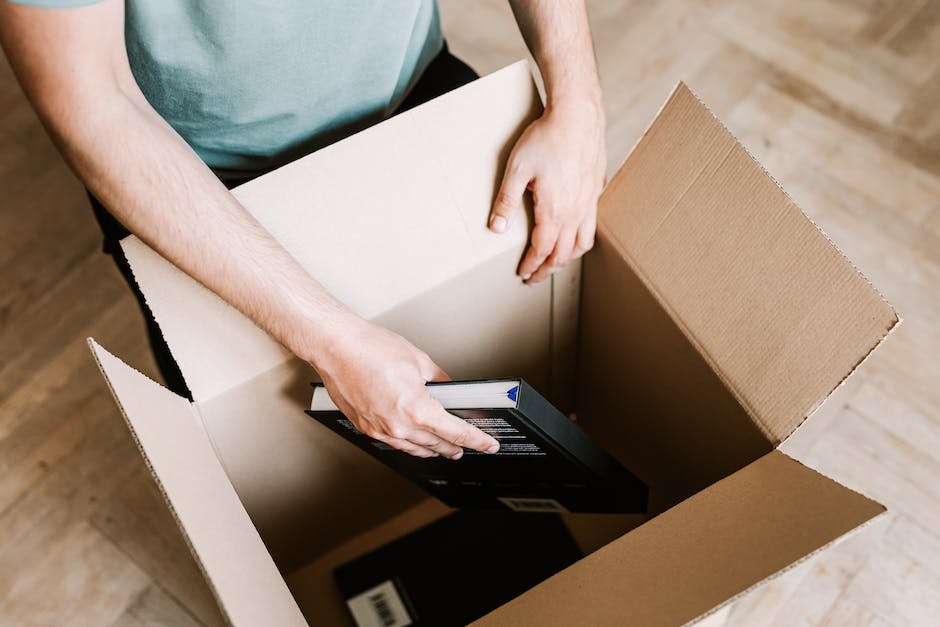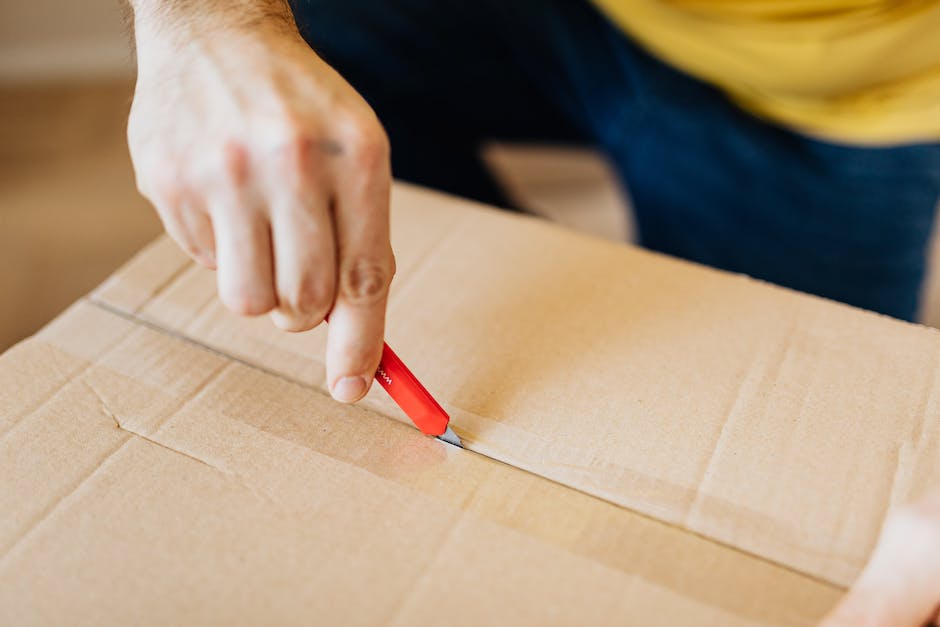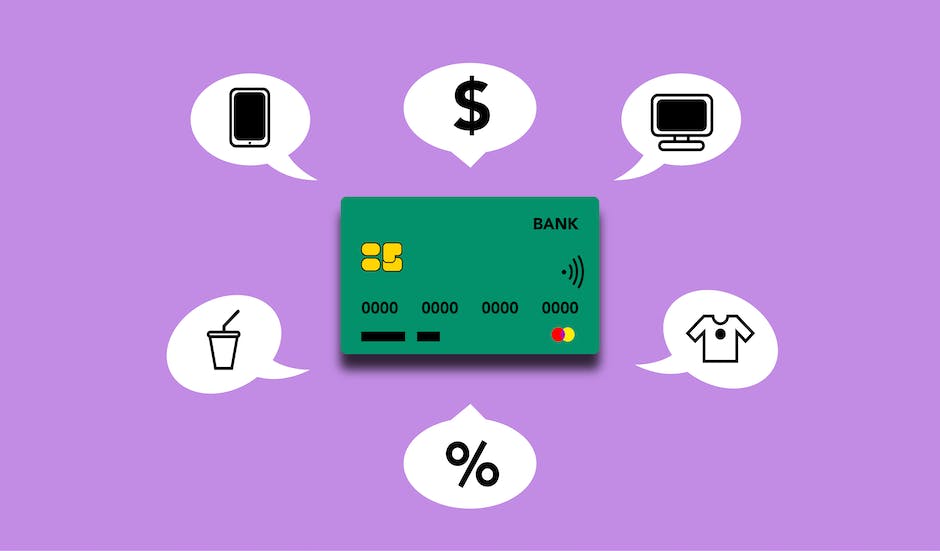Owning a home is one of the most important things you will do as a person. It is also one of the biggest purchases that most people make.
With this being said, it makes sense that you want to prepare your credit for a house hunt well in advance. This article will go into detail about some ways to do just that!
I’ll start off by talking about what types of credit can be used for a mortgage and how mortgages work. I’ll then talk about what kind of pre-qualifications individuals should have before looking at houses.
Next, I’ll discuss why having good credit is so important when buying a house and what factors determine if you are eligible for a loan.
Look for errors

Photo by Andrea Piacquadio on Pexels
It’s very important to check your credit before you apply for a mortgage or run up debt in order to buy a home. While having good credit is great, it is also like water that makes waves!
Having bad credit can be disastrous when trying to finance a house. A lot of lenders will not lend money to people with poor credit because they do not want to risk being stuck paying the loan back.
It is best to get all of your credit information in order so that anyone looking at your reports can see what credit products you have, how much you owe, and whether you are able to pay off these loans on time.
Some common things that affect credit include bankruptcy, large amounts of medical bills, lots of car repairs, and marital breakups. All of these make it difficult to keep track of their finances which can lower credit scores.
Make sure your credit card debt is all paid off

It’s always smart to make sure you have enough money in your savings before buying a house, but it should be more than just general motivation to save.
If you are currently carrying a balance on a credit card, it can actually hurt your chances of owning a home one day!
That’s because most lenders will look negatively at this kind of spending, even if you say that you will pay it back later. Even worse, they may decide that you don’t really mean what you said about being able to afford such an expensive loan.
By having too much credit card debt, people could potentially give false assurances about how well their finances are doing. This could lower your trust level in others and yourself, which would definitely hinder your ability to achieve your financial goals.
Fortunately, there are ways to get rid of excess credit card debt. Starting today, we’ll talk about some strategies for paying down your debt.
Make a budget

Photo by Monstera on Pexels
Photo by Karolina Grabowska on Pexels
Before you even look at houses, make a budget that includes all of your major expenses, including rent or mortgage, utilities, insurance, and monthly commitments like credit cards and loans.
Having a budget will help ensure that you do not waste money buying a house you cannot afford. You can then use the rest of the money towards more important things, like saving up for children or college!
By having a clear picture of everything you need to spend, it becomes much easier to stay within your budget. When you do run out of money, you’ll know what needs to be cut back first.
It is also helpful to recognize how much of a necessity housing is in a given situation. If you are living with your parents, for example, you should consider whether renting an apartment instead of owning a home makes sense.
If it does, wonderful, but if it doesn’t you may have to rethink your plans. Don’t put yourself into debt just because you thought you could never live without your own place.
Purchase a home insurance policy
It is important to have adequate coverage when buying a house, even if you are not planning on owning a house soon. This includes having enough liability insurance, personal property protection, and homeowners’ or renters’ insurance.
Liability insurance covers your homeowner’s policy in case someone sues you for things such as negligence or damage caused due to poor maintenance of the premises.
Personal property coverage protects your belongings from theft or destruction. These include items like furniture, clothes, and electronics that can be easily stolen or damaged by events such as a fire.
Homeowners’ or renter’s insurance typically cover more than just your own residence, it also covers additional living expenses and a replacement dwelling. This is helpful since most lenders require at least some form of this coverage when giving you credit for a down payment.
Check your credit score

It is very important to check your credit before you buy a house. What kind of credit you have will determine how much money you can get in loaned cash or whether or not you qualify for a home loan.
Most lenders require two things when determining if you are eligible for a mortgage: a credit history and an income proof. Having enough savings to pay down the mortgage and show that you have a stable source of income are other key factors depending on what type of mortgage you want!
It’s also important to know what kind of credit you have. For example, someone with bad credit may be able to get a lower interest rate on their mortgage than someone with excellent credit because they don’t expect to spend as much money on payments each month.
By having good credit, you set up yourself for success when it comes to paying off loans and staying within budget limits.
Get a mortgage

It is very important to be familiar with your credit before you look at homes. More importantly, know what kind of loan you want so that you can find one!
There are two main types of loans used in home purchases- personal or owner-occupant loans and mortgages.
A personal loan does not require approval from a bank – it is instead given to you by another lender. For example, if you have a business partner who wants to buy a house, they may ask you to take out a personal loan so that they can use their own money as a down payment.
A mortgage requires preapproval from a lending institution (usually a bank) before you can pick out a property. This way, the bank has enough confidence in you to agree to give you the money needed to purchase the house.
It is crucial to understand both types of loans prior to looking at houses because without either, you will not be able to close on a property.
Know your lender

It is very important to know who your lenders are, what their goals are, and how they will be contacted in case of a home sale or purchase.
It’s also important to know whether you can trust them! Just because someone has an expensive looking house next to yours does not mean that they have their financial house in order.
Be wary of anyone with flashy houses or lots of money. It may look like they have everything together, but it could be a sham.
We recommend doing some research about individuals and loans before agreeing to work with them. Check out credit reports, reviews, and get estimates on average costs from both creditors and other professionals.
This way, you won’t need to worry too much about surprises when it comes time to close.
Practice your negotiation skills

When it comes time to buy a house, you’ll need to know how to negotiate effectively. This is particularly important if you are in a competitive market where there are multiple offers on the property.
If negotiations turn ugly, you will want to have practiced these strategies beforehand so that you remain calm and rational.
It’s also worth noting that most real estate agents have received training in negotiating tactics, which they can share with you if you ask them.
To avoid getting sucked into an expensive bidding war, try asking about some of the properties similar homes in the area have sold for. You can also check out online mortgage calculators to get average price data for houses in close proximity to make comparisons.
Contact me when you want to buy a home!

 Facebook
Facebook
 Twitter
Twitter
 Pinterest
Pinterest
 Copy Link
Copy Link
